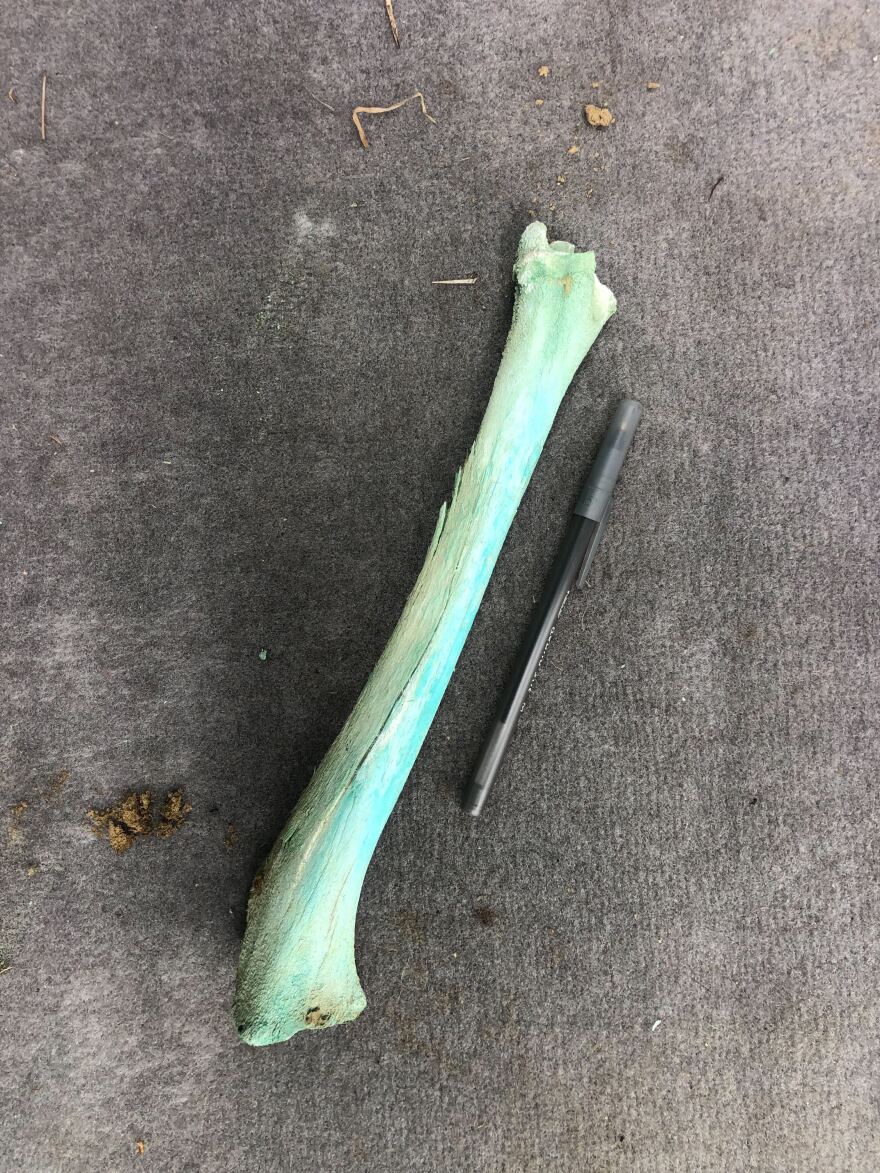State environmental officials have a new cleanup plan for a 43-mile stretch of the Clark Fork River contaminated by mining waste. Community members are questioning the proposal to leave more waste in the ground.
There are slickens along this stretch of river and the ground has a yellowish-orange tint to it and a sulfuric smell.
The pollution from toxic mines and smelting waste was spread by a massive flood in 1908 across the river’s flat, meandering floodplain from Warm Springs to Garrison.
Montana environmental regulators earlier this year released the new plan to remove the waste because the initial fund to pay for the work is set to run out before clean-up is finished. State officials say the new plan is more targeted and flexible, prioritizing stretches of the river where contamination is at risk of eroding into the water and flowing downstream.

On Tuesday, dozens of residents and landowners were given the chance to question state officials over the revised plan at a public meeting in Deer Lodge.
“It sounds like we’re taking less toxic material out in order to meet our budgets,” Kathy Hadley said.
Kathy Hadley lives along the river and serves on the board of the Clark Fork River Technical Assistance Committee, which provides information to the public on the Superfund process.
Hadley and others at the meeting questioned how the plan would clean up enough of the waste.
“If you spent $105 million on seven phases, and we’ve got 15 phases to go, that seems like a really hard formula to get cleaned up,” Hadley said.
The cleanup effort has spent roughly $100 million and there’s roughly the same amount left in the fund. Officials don’t expect to do the same amount of cleanup with less money, the plan is for more contamination to be left in place.

Doug Martin, with the Montana Natural Resources Damage Program, said leftover waste is part of all remediation because not all contamination can be removed.
Martin said the revised plan would achieve all of the original cleanup goals laid out in the settlement agreement with the Atlantic Richfield Corporation.
“This plan, what’s being implemented, does leave waste outside. But it will all be remediated or addressed to meet the human health and environmental criteria that are in the Record of Decision,” Martin said.
If the cleanup budget runs out, the settlement agreement arranges for a round-robin style payment plan where the state, Environmental Protection Agency, and Atlantic Richfield, take turns paying for the remaining work. But that process cannot begin until the State spends all of the remaining settlement balance.
The Department of Environmental Quality is soliciting public comment on the new plan until May 21st. The plan projects to finish the cleanup by 2038.


